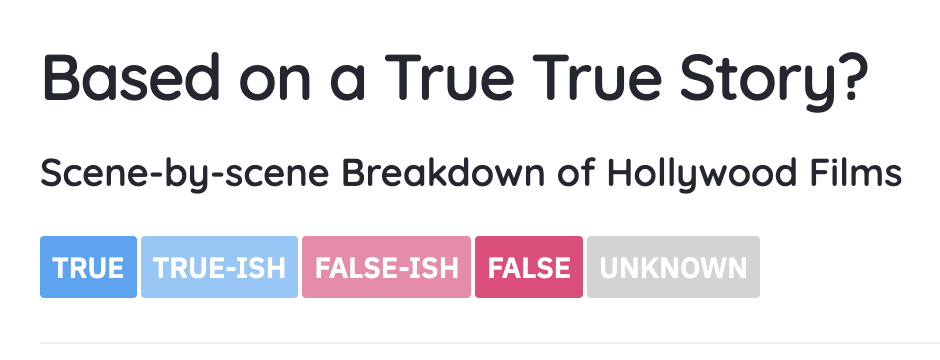One of my clients recently forwarded me half a dozen reviews of my book “Storyworthy” from Amazon and other places online.
They were exceedingly kind and complimentary.
My client was equally kind to forward them, but I’m not surprised. She’s that kind of person.
I was thrilled to receive this news, but honestly, I had no idea what those reviews might say. I know that the book is selling well, and I’ve heard from clients and readers that they like it, so I suspected many would be positive, but I honestly wasn’t sure.
I also know that the average number of stars “Storyworthy” has received on Amazon is more than four (I just checked — it’s 4.6), but the amount of time I’ve spent reading actual reviews about any of my books is almost zero minutes.
Why?
Two reasons:
- Spending time reading reviews doesn’t get me closer to finishing my next book.
- I have no control over the critic. I do my very best and hope it sells a million copies, but in the end, the only thing I can truly control is the writing. Everything else is out of my hands.
My client knows I feel this way — strategic incuriosity, I call it — so she thought I should at least see a few of my reviews. I enjoyed reading them, but they did not make me want to go and read the thousands of other reviews posted online.
I’m too busy making the next thing.
The critic — positive or negative — should have no bearing on the work. We cannot allow detractors to hamper our efforts in any way. One of the best ways to do this is to avoid them entirely.
When you can’t avoid your detractors, ignore them, knowing you are making something original, meaningful, and lasting. By contrast, they are writing a paragraph or two of ephemeral, forgettable criticism that will be read by almost no one.
Similarly, we should never allow praise to make us feel safe and secure. It’s only while resting on the knife’s edge — feeling like everything is at stake — that we do our best work.
You’re only as good as your next thing, so leave the past to others and move forward.
Theodore Roosevelt said it best in his famous “Man in the Arena” speech at the Sorbonne in Paris on April 23, 1910.
“It is not the critic who counts: not the man who points out how the strong man stumbles or where the doer of deeds could have done better. The credit belongs to the man who is actually in the arena, whose face is marred by dust and sweat and blood, who strives valiantly, who errs and comes up short again and again, because there is no effort without error or shortcoming, but who knows the great enthusiasms, the great devotions, who spends himself in a worthy cause; who, at the best, knows, in the end, the triumph of high achievement, and who, at the worst, if he fails, at least he fails while daring greatly, so that his place shall never be with those cold and timid souls who knew neither victory nor defeat.”









